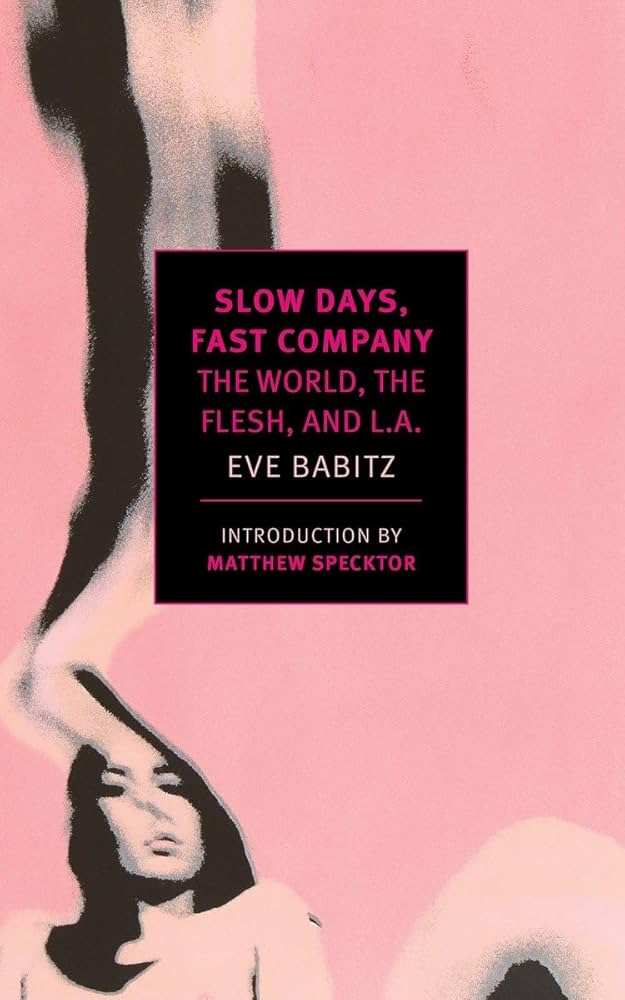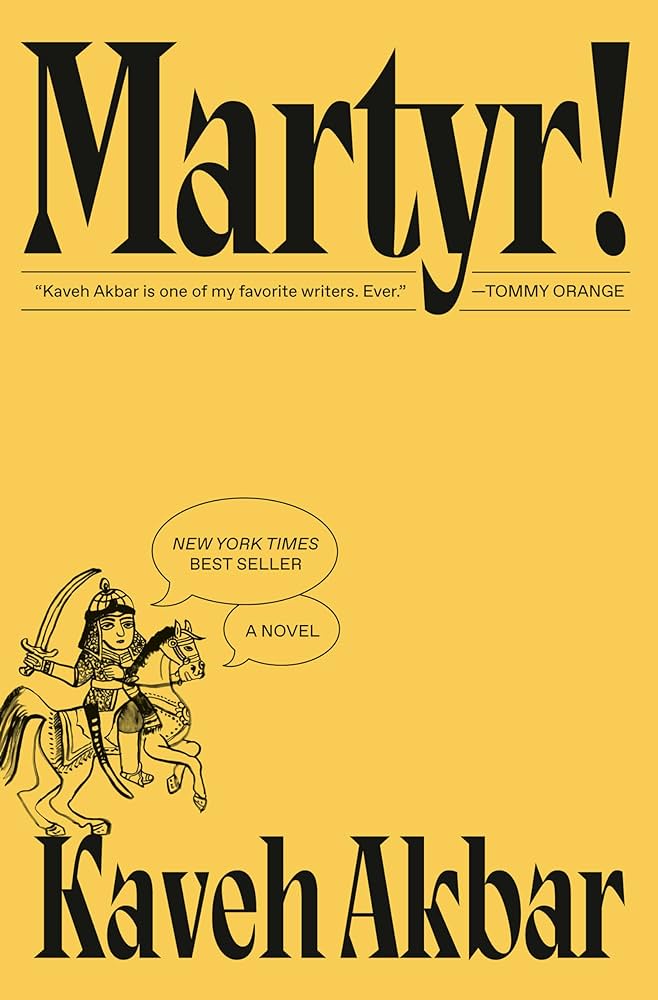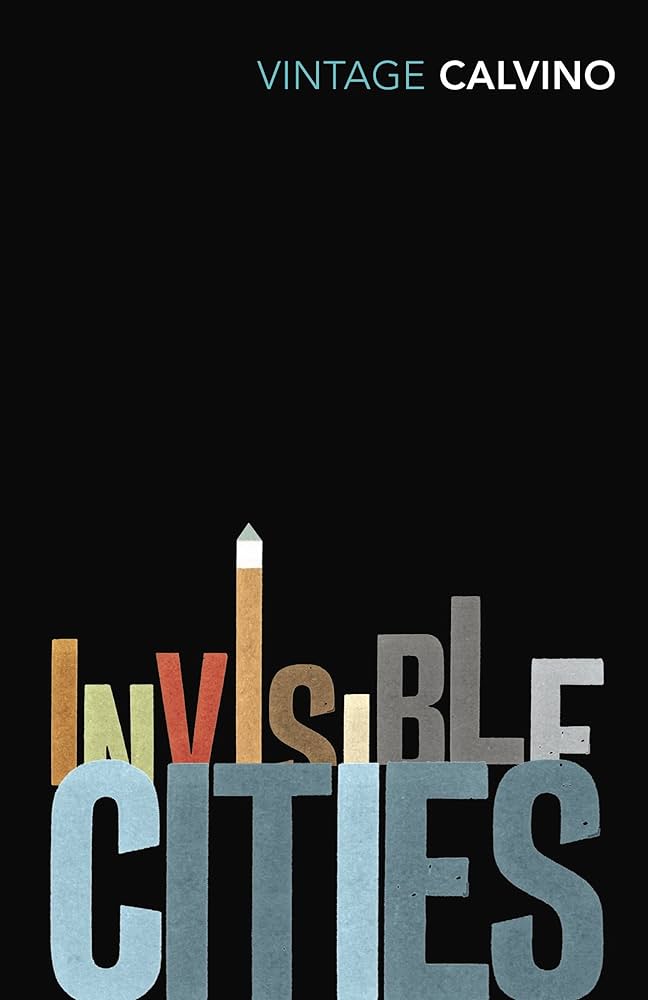The Book of Elsewhere almost lost me. After 50 pages I was kind of put off by it, and after 75 I was looking for reasons to continue. The first part of this book is overwritten, floral, dull, and pretty much impenetrable. It’s almost like Keanu Reeves and China Miéville want to turn readers away. It’s not the first time I’ve felt this way about a Miéveille book, but this was like almost every musical supergroup — whatever the reason, major talents often fail to add up to the sum of their parts.
Here’s the pitch: B, or Unute (the obvious avatar for Reeves in the inevitable film/TV adaptation of this), is an immortal who has been roaming the earth for over 80,000 years. He fights a lot, and his injuries heal themselves. On the rare occasion that he does die, he respawns from a weird egg. He’s working with some clandestine government agency do to…something…and it doesn’t go right. He’s also being chased by some kind of superpowered pig that’s as old as he is. Why? Silly question.
It won’t come as a surprise that it’s based on a limited comic book series called BRSRKR. When this was announced in the spring, my kid brought the comics home from me from the comic shop where they work. The comic is good! Ultra violent, kind of John Wick by way of William Gibson. That’s what I was hoping for in the book.
But it was really hard to push through the first 100 pages. This is a paragraph from fairly early in the novel:
The room had been made like a temple with an offering at its cen-er, a head-height ziggurat of dead. Six men, three women. The man new that number already; you could not tell from this crude architecture, a cone of limbs and dark clothes and the remains of faces tangled in the passionless orgy of a graveless mass grave. The dead’s shadows crawled away from his light. Not even the posthumous recalcitrance, angular elbow or jutting knee, remained to this coagulation, softened in its outlines as it was by secondary flaccidity and gravity, its edges blurred by that corrosive disguiser of particularities. Amid set slime of flesh and belts and bergens, bone points and the stubs of broken weapons protruded like karst landscape.
That is fairly representative of the writing in the first part of the book. I don’t know if it was rushed to press, or the editor was too starstruck to be firm, or the authors negotiated full control. Whatever the case, it was a painful experience. You can see in the Goodreads reviews how many people bailed in the first 100 pages. And I don’t blame them.
Here’s another whopper:
What was this emotion on Stonier’s face? It was not quite dislike.
Not quite distrust. It was not disdain. It was dismal and disquieted and dysregulated and disciplined and distant.
It’s not funny, it’s not clever. It’s like he’s trolling. I was less than ten pages away from putting the book down, but the nagging voice said “One more chapter…” so I did. And the book redeemed itself! Mostly.
The writing seemed to change gears after about page 80. It seemed to drop the pretentiousness and focus on telling the story. Again, mostly. The long chapters involving present-day B alternate with shorter chapters filling in some crucial backstory. Those chapters were still style over substance to a frustrating degree, but they were mostly skimmable. Not skippable, as they fill in some detail that’s useful at the book’s climax.
About that climax. In a strange twist, the story itself (eternal pig aside) was pretty conventional compared to Miéville’s other work, and compared to his reputation overall. By the end, the book was a fairly standard James Cameron movie script, or like a decent Blake Crouch novel. Not bad, but somewhat derivative and forgettable.
I bet the adaptation will be killer though.








